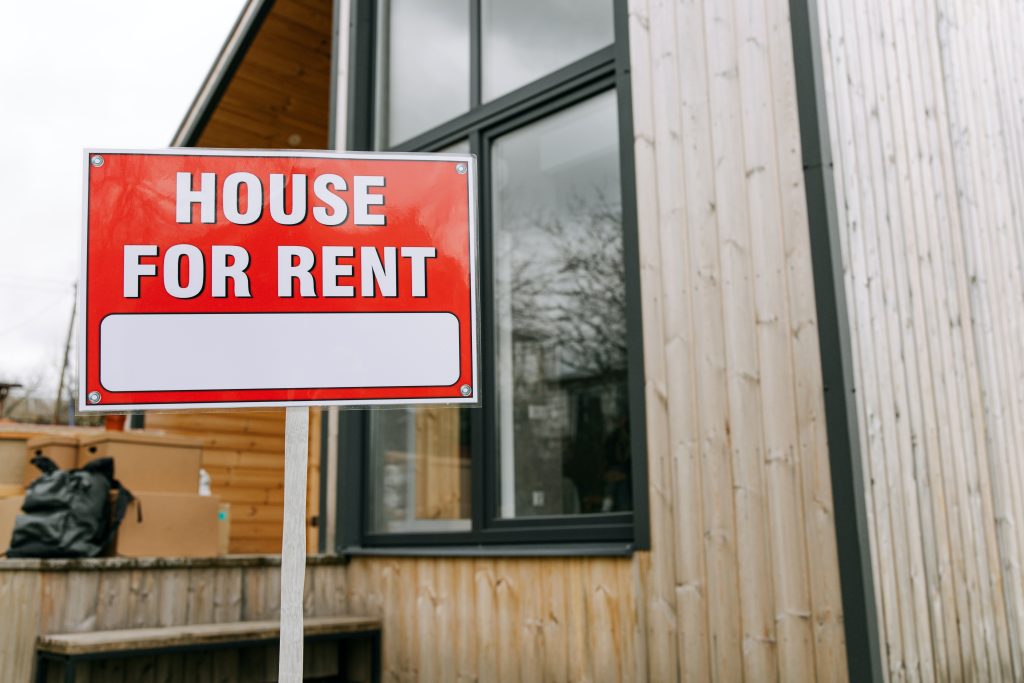
Financing Options:
- Mortgage Loan: The most common way to finance a real estate purchase is through a mortgage loan obtained from a bank or mortgage lender.
- Cash Purchase: Paying for the property in full with cash eliminates the need for a mortgage but requires significant upfront funds.
- Seller Financing: Some sellers may offer financing options, where they act as the lender and you make payments directly to them.
Mortgage Rates:
- Mortgage rates can fluctuate based on various factors, including economic conditions, inflation, and the overall demand for loans.
- Keep an eye on current mortgage rates and consult with lenders to understand the prevailing rates and how they may impact your monthly payments.
Credit Scores:
- A good credit score is crucial for securing favorable mortgage terms. Lenders assess your creditworthiness based on your credit score and history.
- Aim for a higher credit score by making timely payments, keeping credit utilization low, and minimizing credit inquiries.
Loan Types:
- Conventional Loan: A traditional mortgage loan not insured or guaranteed by a government agency, typically requiring a higher credit score and a down payment of at least 3% to 20%.
- FHA Loan: Insured by the Federal Housing Administration, this loan program offers more lenient credit requirements and a down payment as low as 3.5%.
- VA Loan: Available to eligible veterans and service members, VA loans offer competitive interest rates, no down payment requirement, and limited closing costs.
- USDA Loan: Aimed at low-to-moderate income buyers in rural areas, USDA loans offer low-interest rates and no down payment requirements.
Financial Strategies:
- Save for a down payment: Plan and save for a down payment to increase your chances of qualifying for favorable mortgage terms and reducing your loan amount.
- Improve your credit score: Work on improving your credit score before applying for a mortgage by paying bills on time, reducing debt, and disputing any errors on your credit report.
- Shop around for mortgage rates: Obtain quotes from multiple lenders to compare interest rates, loan terms, and closing costs to find the most suitable mortgage option for you.
- Consider pre-approval: Getting pre-approved for a mortgage can give you a better understanding of your budget and strengthen your position as a buyer.










